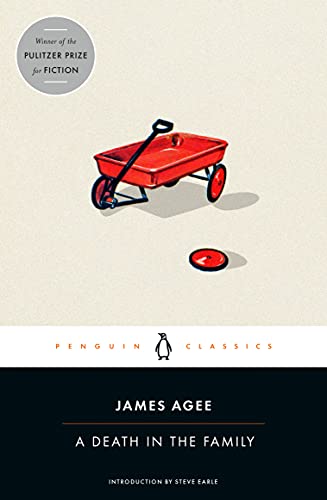
The word darkness is found about 45 times in this novel, which is the primary feeling I got while reading. Mary Lynch Follett, a profoundly religious woman, endures the death of her young husband as she prepares to manage single-mothering her two young children, Rufus and Catherine. Jay Follett, her husband, had been called to the country by his alcoholic brother Ralph to visit their supposedly terminally ill father. Unfortunately, it turns out that Ralph has not sized up the situation accurately, and Jay gets into a fatal car accident on the way home from his unnecessary visit.
Mary’s brother Andrew identifies Jay’s body and obtains the accident details to share with Mary, their parents, and Aunt Hannah. All provide varying levels of support for Mary as she tells her children about their father’s death and copes with the tragedy. Mary’s Catholic faith, which she does not share with Jay and all family members, is an asset and a handicap as the dreadful hours leading up to the funeral.
James Agee’s Pulitzer-winning book makes quite a statement about love and tragedy. Religious conflict within the family provided a significant theme for the novel. As the story advances, it forced me to wonder about the value of organized religion, especially the Catholic church. The children, ages six and three, are depicted with very sophisticated thoughts. I thought about how many adults still underestimate the minds and perceptions of children. Agee seemed concerned and aware that euphemisms and incomplete explanations often baffle children and lead to lifelong misunderstandings and resentments.


